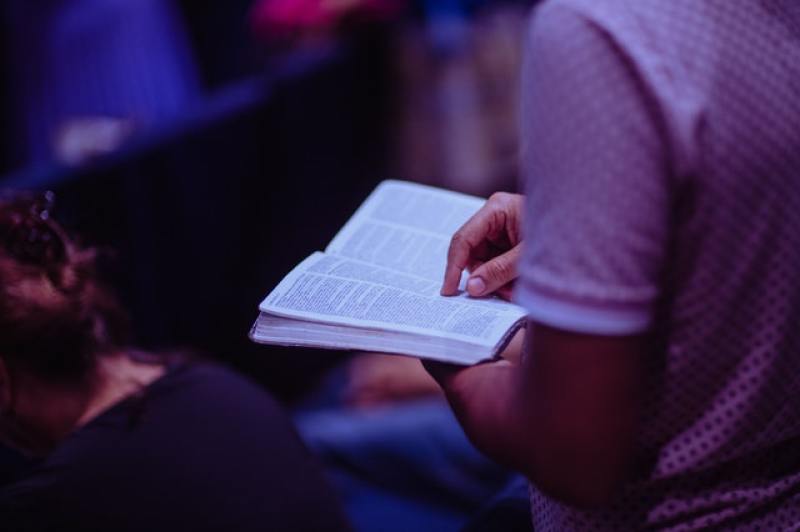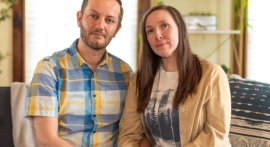
The Managing Director of the Australian Christian Lobby, Evangelist Martyn Iles, offers a way for Christians to think through when they are confronted with oppressive laws.
"In every scenario, there are three options," he said. "One, obey God and government-[ideal for] happiness. Two, obey God but not government-this is trouble. Or, three, obey government but not God."
Iles encourages believers to ignore option three, no matter what the consequences may be. Christians are now left with the other two options.
Ideally, believers must consider Iles' first option, which is to follow God and the government as much as possible and pray for those in authority (see 1 Tim. 2:1-2).
"If you are going to suffer, make sure for the sake of your Christian testimony," Iles said. "It's for doing the right thing, not for breaking the law unnecessarily. And that's kind of the situation I think we're entering a little bit. You don't want the church to suffer for breaking the law unnecessarily. You want us to suffer only for those things that we can stand on and declare this was God's will."
Still, anybody with basic knowledge of politics will have to agree that existing restrictive law is only making things worse. Both New York and Washington State began requiring something like a vaccination passport, and more recently, Oregon made an announcement indicating that citizens of the state must show proof of vaccination before being allowed to enter churches or businesses.
When policies which are medically ineffective are made more coercive, making it more difficult for citizens to follow their religious principles, Iles' second alternative of following God, rather than the government, is the most practical. Furthermore, according to Charisma author Tiffany Benson, these new state restrictions go against HIPAA statutes as well as the liberties promised to Americans in the Declaration of Independence.
"Where there appears to be a lack of rights in the earthly sphere, the church certainly has authority from a higher realm," Benson pointed out. "Although we are to be submissive to government, the Lord has not called us to assimilate to communism."
"The spirit behind such legislation as vaccine passports must be exposed and resisted. Particularly, religious organizations should not implement oxymoronic 'optional mandates in houses of worship...Surely God's people have greater faith than this," she added.
Benson contends that though there is no "Scriptural formula for cultural activism," there are methods by which people might resist against their authority figures when the law compels them to reject God's word. She remarked that Christians, like other social activists, may do modest, seemingly insignificant acts that are critical movements that advance the cause. Reduced visits to particular retail locations, an unwillingness to patronize segregated restaurants, the cancellation of memberships to entertainment venues, and an increased use of the First Amendment on Sunday mornings were among her examples.
Benson's position is also consistent with Iles' perspective on the topic of religion vs. government.
"We have a voice in democracy. We have a remarkable freedom to stand up to speak truth and be sold when we need to do all of those. But here's the other interesting thing, God still works. Even when the government is imperfect, God still works even when the government turns, actively bad. We will do all that we can. But God has still got the outcome, even when it doesn't go the way we wish it would," Iles said in his sermon.































